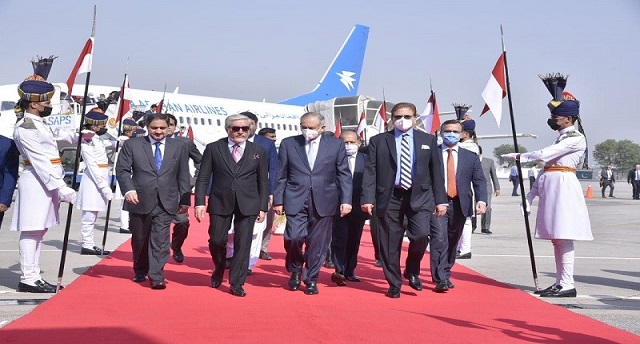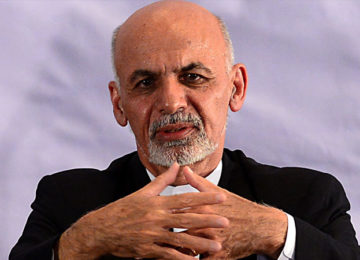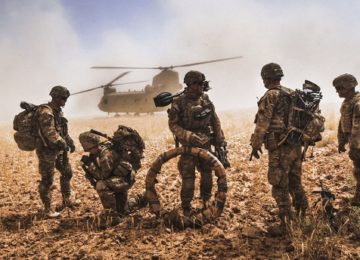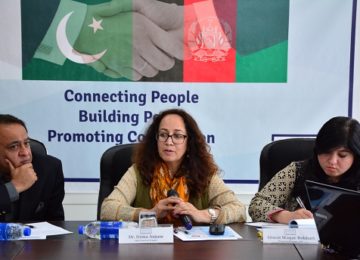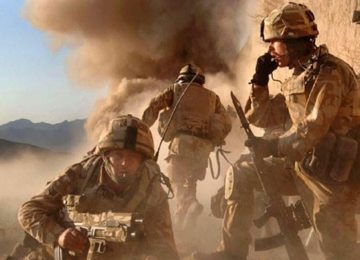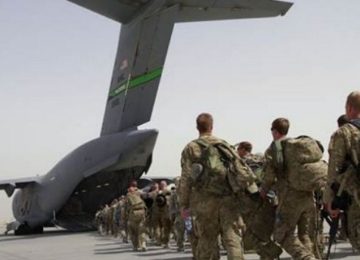September 28, 2020

Amidst the improving ties between Islamabad and Kabul and latter’s crucial role in Afghan peace process, the Chairman of the Afghanistan’s High Council for National Reconciliation (HCNR) – Dr. Abdullah Abdullah is on a three-day visit to Islamabad. The visit to Pakistan which starts on September 28, comes at a time when intra-Afghan dialogue is entering its third week, since its commencement on September 12. His arrival is also significant as it coincides with the recent caution by PM Imran Khan regarding a hasty withdrawal of international forces from Afghanistan, by setting up unrealistic timelines.
This is the first official visit by the top leader in this capacity and intends to serve as a prelude to Pak-Afghan relations in a post-peace Afghanistan. During his visit, Dr. Abdullah Abdullah will hold high level meetings with Pakistan’s PM, President and notable political leaders with Afghan Peace Process and strengthening of bilateral ties at the core of discussions.
According to the statement released by Pakistan’s Foreign Office, “Pakistan attaches high importance to its fraternal ties with Afghanistan, rooted deep in shared history, faith, culture, values and traditions. Pakistan fully supports all efforts for peace, stability and prosperity of the Afghan people.”
The visit is an undeniable recognition of Pakistan’s role in peace and stability in Afghanistan and its quest for a sovereign and unified neighbor along its border. In the recent Op-ed in Washington Post, PM Imran Khan underscored the consequences of the twenty years long foreign intervention in Afghanistan, not only for Afghans, but also for the people of Pakistan. The intra – Afghan dialogue serves as a vindication of the earnest efforts of Pakistan and its stance on Afghan-led and Afghan owned peace process as always stipulated by Pakistan.
The author Tooba Altaf is an International Relations’ graduate, while working as a Researcher at Center for Research and Security Studies (CRSS), Islamabad.
© Center for Research and Security Studies (CRSS) and Afghan Studies Center (ASC), Islamabad.



